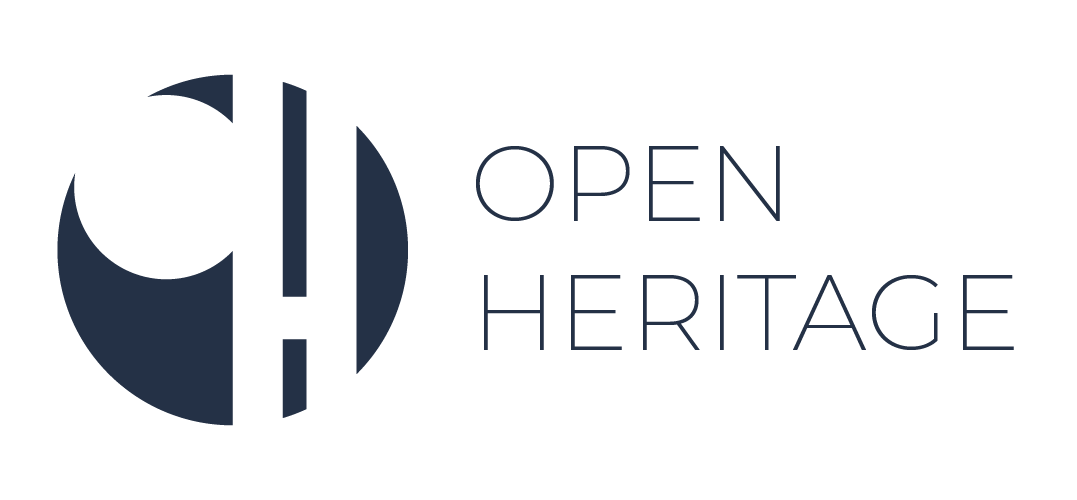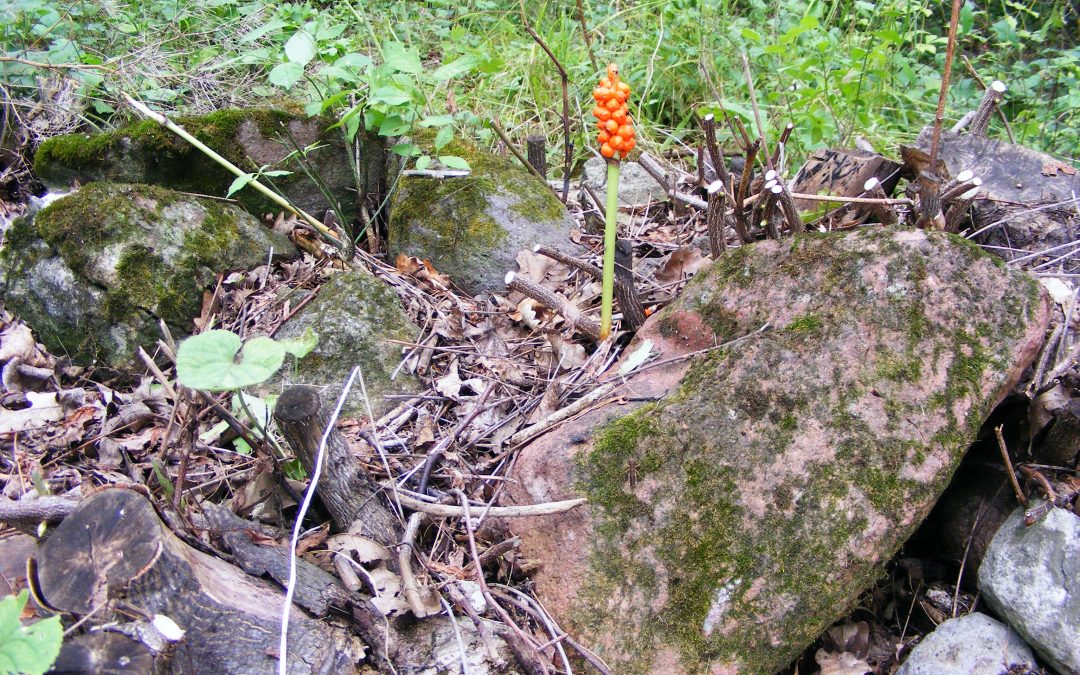One of the most important questions about sustainability is about how to create the necessary governance frameworks for the experimental sites OpenHeritage works with. In case of the Pomáz-Nagykovácsipuszta Lab (the Glasshill Lab as we have all been calling) this has been especially crucial, following the forced departure of the Central European University from Hungary, which had served previously as an important pillar of the Lab. (The University’s faculty is active in operating the Lab). As a result, after months of work, a foundation was establishedin May, 2021 to create a legal entity behind the Glasshill Lab in Pomáz.
The name of the organization is Glasshill Cultural, Heritage, Environment Protection, and Community Development Foundation. The Foundation aims to strengthen local identity, promote environmental protection and ecological perspectives by presenting and interpreting cultural and natural heritage. The Foundation also aims to preserve the multi-ethnic character of Pomáz and to cultivate the local Hungarian, Serb, German, Slovak, and Roma traditions. They explore and present the cultural heritage of local religious (Roman Catholic, Protestant, Greek Orthodox, and Jewish) communities which are connected to the above-mentioned ethnic identities
The Foundation does all these by organizing presentations, events, courses, community programs, volunteer work. They work on presenting and interpreting the historical, cultural, and natural values in our environment. It also promotes healthy lifestyle and organizes historical games which are rooted in local folk traditions. Archaeological and historical relics are interpreted within their environmental context, and the conclusions of traditional land use and crafts will benefit today’s bio-agriculture and perma-cultural approaches. There is a special emphasis in the Foundation’s mission on education, knowledge transfer, creating communities, community spaces and events. One of the most important target audiences is the local youth, with the aim to acquaint them with sustainable alternatives in community building and nature-based economy for the future. The organization of free-time activities, such as the establishment of a community garden, as well as art and family programs serve these purposes. Such events can also generate income which supports the Foundation in reaching its goals.

